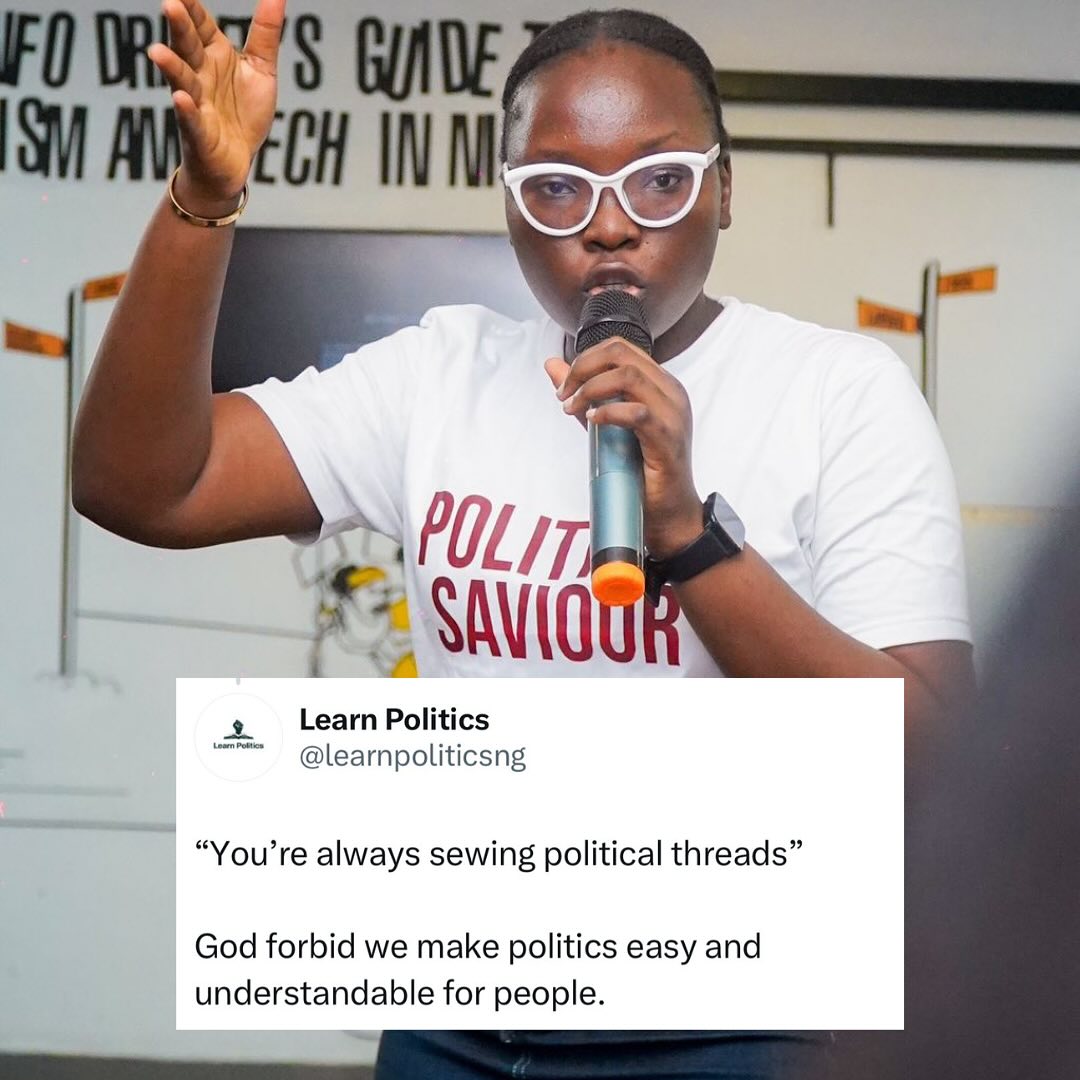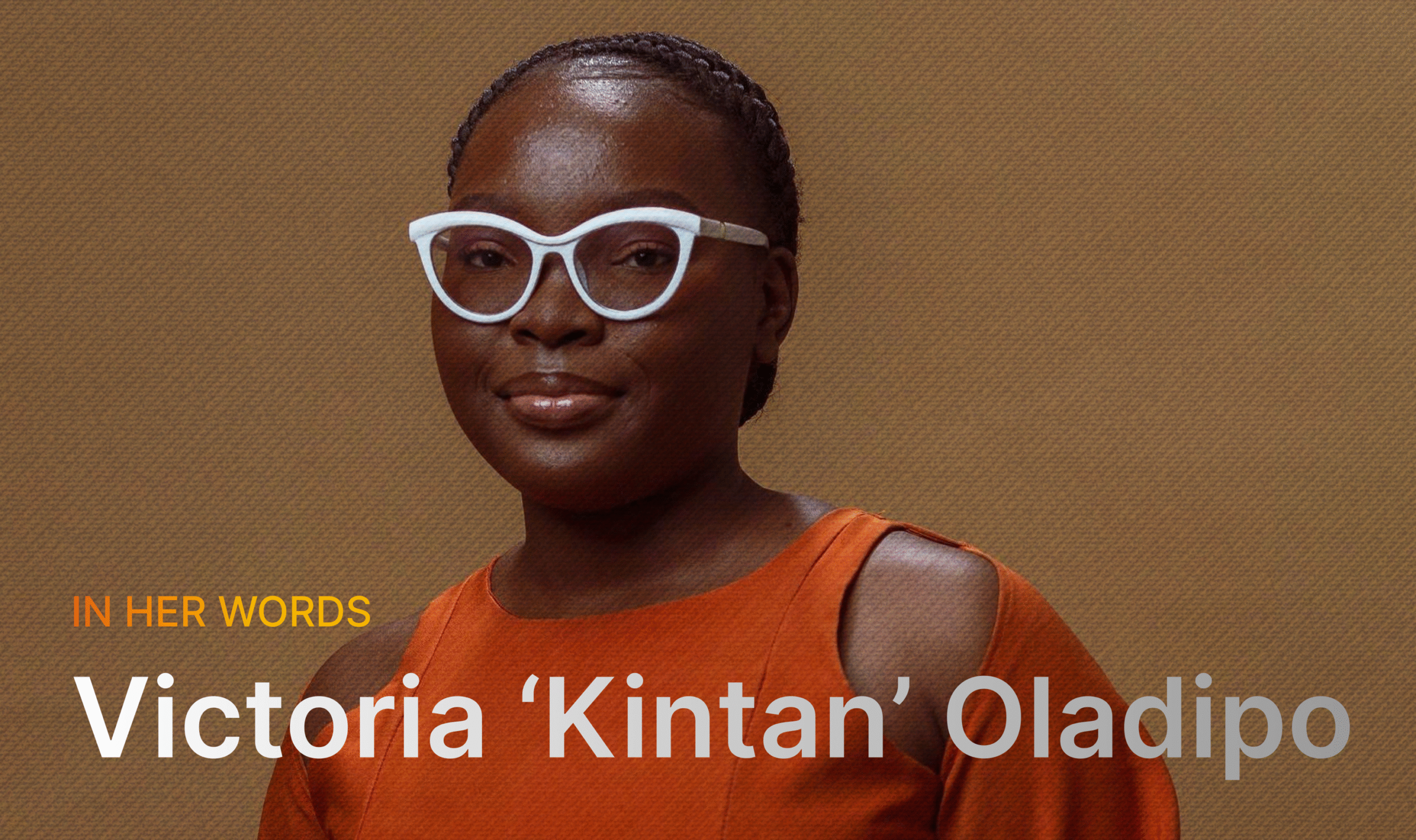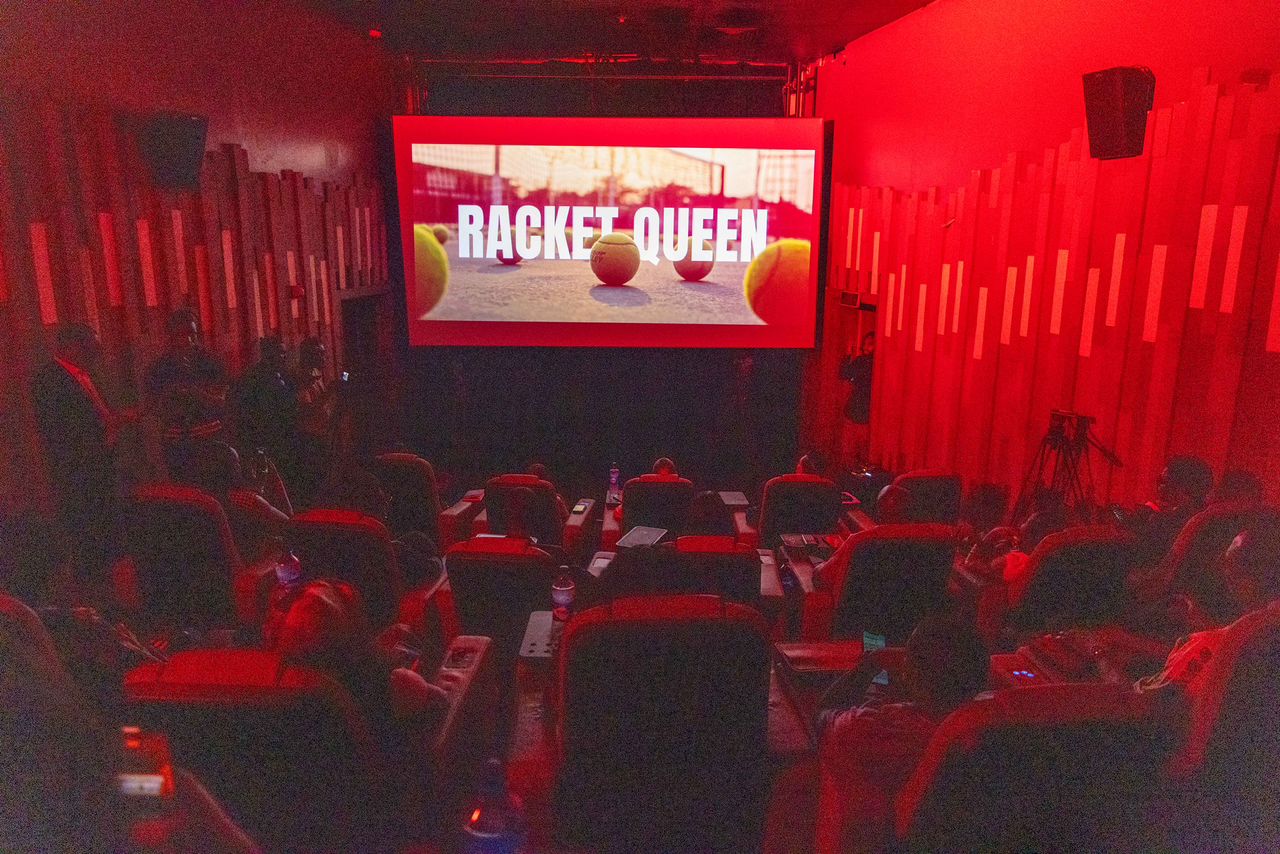By Sophia Afoloyan
When I first reached out to Victoria ‘Kintan’ Oladipo, I expected to speak with a young changemaker building momentum in Nigeria’s civic space. What I didn’t expect was the rawness and clarity she brings to every word she writes. Our conversation happened entirely over text – a fitting medium for someone whose work lives, in part, on social media timelines and group chats, where political education is beginning to feel a bit more urgent, and a lot more accessible.

I begin by asking about the beginning – what sparked this journey into political education, and how her own story feeds into the mission behind Learn Politics Nigeria. She tells me, plainly, that it started during her research on women’s inclusion in governance. “I found out that the reason people won’t vote is often because they are not knowledgeable enough,” she texts. “By extension, women are not as educated about politics and policy processes as they ought to be.” That gap in understanding felt foundational. “At the root of our problem with politics in Nigeria is actually the fact that people are honestly ignorant about how much politics impacts their lives.”
Victoria Oladipo refers to herself, without irony, as a “Political Saviour.” I ask what that title means to her. “On a deeply personal level, I do think I’m saving people by educating them about politics,” she replies. “Education, regardless of its form, is enlightening. Every day, I wake up knowing that the little effort I’m contributing is liberating people.”
It’s easy to forget just how young Victoria is, considering that she founded a movement, is leading a growing team, and still works a full-time job. When I ask about the challenges of being a young woman in this space, she pauses and then adds with a kind of guarded pride, “I count myself lucky to have people who understand why this is a need. People often question my level of knowledge. I genuinely don’t know as much, but I try my best to learn when we have expert sessions, and I go on to read more if I don’t.”
As we talk more, it becomes clear that part of Victoria’s power lies in her refusal to overperform. She’s not trying to be the expert in every room. But she’s always the one asking questions, taking notes, reading up, and showing up again the next day.
In a male-dominated, elite-driven political culture, I wonder how she holds her ground. “Honestly, I’m thinking about how to get more women interested in politics,” she says. “Men tend to be more interested in politics than women are. Women rely on surface-level information so much. But what I do is my work – I genuinely do not care how people (read: men) think about it. I just put in the effort and partner with organisations where necessary.”
I learn that confidence is earned. When I ask about a moment that affirmed she’s on the right path, she admits that she’s wanted to quit several times. “But I see the lives of people who went on to join our courses and programs, and I feel proud. Even if it’s just ten people, I am definitely very fine.”
Faith, too, is central to her approach. “My faith gives me more empathy,” she says. “I believe that empathy for the people you lead is fundamental to effective leadership. That’s why I think our political leaders are godless; they often lack empathy. I’m not even fazed when they portray themselves in churches- it’s all gimmick. But empathy is at the core of how I lead.”
We move into the heart of what she does—making civic education compelling to young Nigerians who often feel disillusioned or simply bored by politics. “We are currently running our Nigerian History Course,” she tells me, “and people are getting more enlightened by learning about the pre-colonial, colonial, and Republican periods.” They’re also experimenting with bite-sized video content on political concepts, all in the hope that someone scrolling might pause and rethink their place in the system.
Still, occupying this kind of space as a young woman comes with subtle battles. “I genuinely will always communicate what I am and what I need to anyone,” she says. “And fight where necessary.”
Toward the end of our exchange, I ask what success looks like for her, not just for Learn Politics Nigeria, but for Victoria ‘Kintan’ Oladipo, the woman, the believer, the leader. Her response is solemn but firm: “Being. Anytime I get to explore who I fully am, I will feel very successful.”
And to any younger version of herself and the girls watching her now, she offers this: “Clarity comes by doing. No one attains purpose by waiting around. Get your hands busy.”
She could’ve ended there, but I’m curious: what would she be doing if she weren’t in politics or civic work? She doesn’t hesitate. “I’m very much going to be in the non-profit space. That is a life calling.”
Before we say goodbye, I ask one soft question I have decided to always allow myself in interviews: What’s currently giving you life? She, in turn, puts me on. “I just discovered the artist Llona. His songs perfectly capture how I feel on some days. I am still waiting to read Dream Count.”
And just like that, the interview ends. But it’s hard not to carry her words with me. Not just because they’re neat or inspiring, but because they insist on action.
And clarity, as Victoria ‘Kintan’ Oladipo reminds me, really does come by doing.





